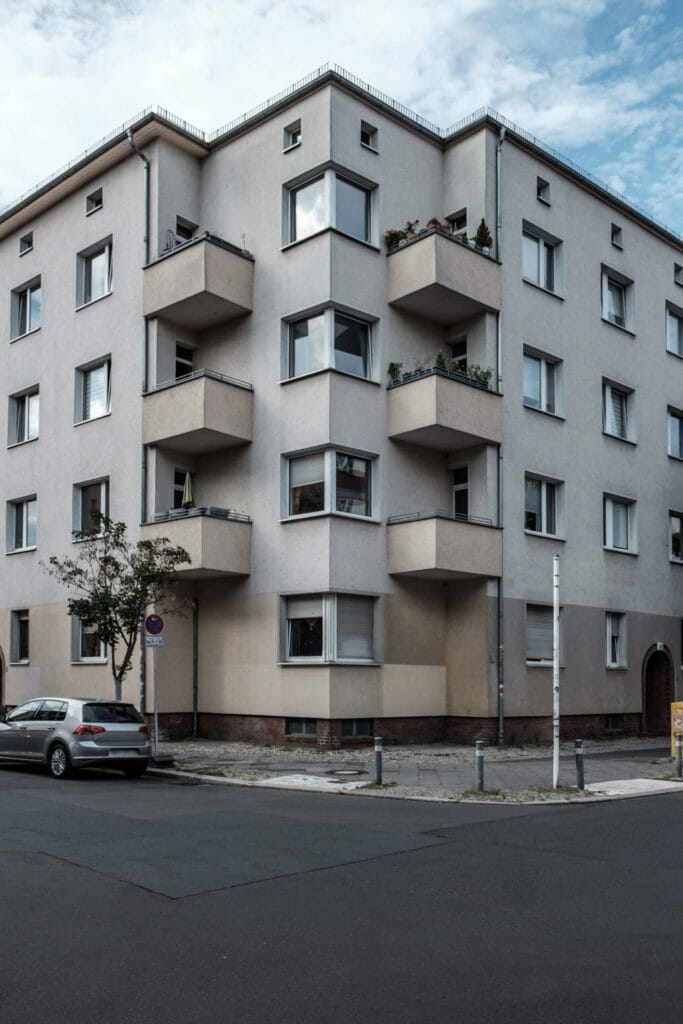Whether you’re just starting your professional career, or have finally retired and are ready to enjoy a simpler way of life, condos and apartments are a great option for people who don’t mind sacrificing space for convenience. But, because these two structures are so similar, they are often used interchangeably.
Condos are not the same as apartments though. To help you understand the difference, we’ve put together this guide. We will also touch on the most important features of each housing option to help you make an informed decision.
What is an apartment?
An apartment is a unit residence that’s located within a building or complex, along with a bunch of other apartments. There’s usually one company or individual who owns the entire building. The owner makes an income from renting out the individual units.
Before moving into an apartment, renters must sign a lease agreement. Besides the rent, owners may need to pay for utilities. Some apartments come with furniture while others only have standard appliances.
What is a condo?
The word “condo” is short for condominium, and it refers to a unit that’s located within a residential building or complex. You can rent out a condo from a unit owner, or buy it from the developer or current owner.
A homeowners association (HOA), condo corporation or management company ensures the condo building operates in a legal and practical manner. Condo management is responsible for the maintenance of the common areas and enforcing the building’s rules and regulations.
Differences between a condo and an apartment
Here are some of the most significant differences between a condo and an apartment:
Ownership
An apartment building is typically owned by a big corporation or individual investor who makes an income from renting out the units within that building. In an apartment, your landlord will be the management company responsible for taking care of the building. Although rare, it is possible to find entire apartment buildings for sale.
A condo building is typically tied to a development company, but there are many unit owners within the building. Condo unit owners may live in their unit, or they can rent or lease their home to someone else.
Management
As a condo owner, you automatically become a member of the HOA and have a say on who sits on the board. Sometimes, the board might hire a property management company to take care of the time-consuming work that comes with managing a condo building. Keep in mind that the HOA is a non-profit. That means board members are not paid for their work. If the association doesn’t have the budget to pay a company to manage the building, some associations will use condo management software to stay on top of maintenance, funds, service requests, etc.
Living in an apartment means that you won’t have much say about how things are done in your building. There is no board, and residents don’t vote on issues.
Costs
If you are renting a condo, the monthly cost should stay the same for at least the first year. Rent may be increased depending on your landlord and any laws governing this issue. Depending on your landlord, you may have been asked to sign a one-year contract or a short-term, month-to-month lease. Either way, your rent will reflect the unit’s market value. It may come with extra costs like utilities and renter’s insurance. You may also be expected to cover utilities or condo fees.
Every condo owner is required to pay fees. The association or corporation uses this money to pay for maintenance, repairs, upgrades, insurance for the building, etc. Owners may decide to pass condo fees onto renters, but many owners do pay these fees themselves.
The monthly rent amount for your apartment should remain the same throughout your lease period set out in your agreement. But, when it comes time to renew your agreement, the landlord may decide to increase your rent. Again, there may be laws that dictate how much rent can go up in a year.
Rules
The rules and regulations for an apartment building are determined and enforced by the property management company or landlord, and apply to all the units. Failure to follow such rules may result in fines or some other disciplinary action. The rules of an apartment building could include things like separating your garbage for recycling or being respectful of others while in common areas.
Condos on the other hand, are governed according to covenants, conditions, and restrictions (CC&Rs). Sometimes, individual owners may try to add additional rules, such as “no pets allowed,” that they would like renters to follow. However, those types of rules are rarely enforceable if it’s not a rule established by the association.
Amenities
A typical apartment complex comes with standard features for each unit. While there may be a few differences in floor plans and appliances, amenities are usually limited. This could include things like a communal event space, gym, pool, on-site laundry room, playground, free parking, etc. The amenities available in your apartment building will depend on the building you live in and what market it was designed for.
Condo amenities are used to draw in prospective owners. New condo units tend to be less spacious than older apartment units, so the extra features help to sell the small spaces. Unit amenities may include this includes things like vaulted ceilings, special light fixtures, and granite countertops. Shared amenities may include entertainment rooms, game rooms, yoga studios, gyms, bbq areas, business rooms, guest suites, etc.
You may be able to renovate an apartment much more easily than a condo. That’s because associations want all units to look relatively similar. Uniformity helps maintain the value of each unit.
Maintenance
With an apartment, maintenance is free. Some apartment buildings even come with complimentary perks like emergency maintenance staff available on call, 24/7. This means you won’t have to wait until 9 am the next morning if your toilet suddenly breaks at 8 pm.
Condo owners are responsible for most of the maintenance of their individual units. If you’re renting a condo, you must report the issue to the person you are renting from.
Residential buildings that use property management software tend to respond faster to requests than those that are still using an old-fashioned paper-based system.
Which is better – condo or apartment?
Really there is no “better” option, and we can’t make your decision for you.
Physically, condos and apartment buildings are similar. They’re both buildings that contain individual units with similar square footage and amenities. Condos may be smaller than apartments, but condos are generally newer and built closer to a city’s work and entertainment core. The main differences between condos and apartments are the ownership, maintenance, cost, and management structures.
The key to deciding which option is best for you is to identify your preferences. Do you want complete control over the maintenance of your unit? Or would you prefer that someone else take care of all that? Do you want access to more services and amenities, or are you just looking for a decent place to call home? Renting isn’t a bad option, but some people who can’t afford a home would be happy to purchase a reasonably priced condo unit.




